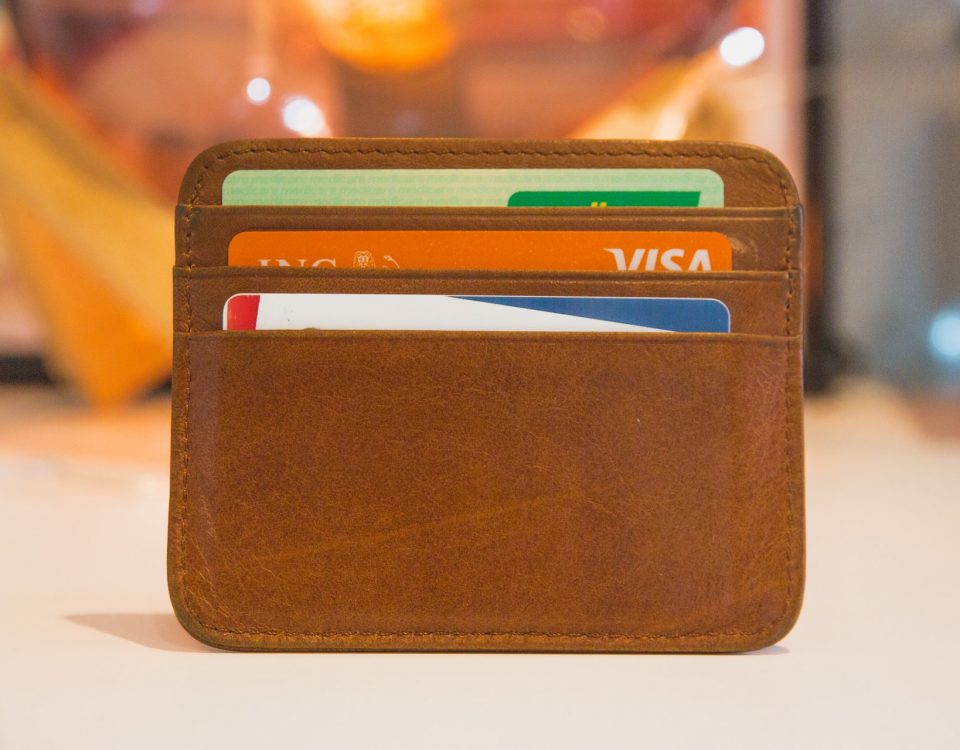
Keeping Up With Your Credit
December 11, 2019
Financial Resolutions for a Better 2020
January 1, 2020 While we usually enjoy a mild climate here, occasionally bad storms can come through, especially in the winter. With tornadoes, ice storms, and heavy flooding possible, it’s always best to prepare, especially if you may have to make an insurance claim. Physical safety should be the first thing on your mind in an emergency, so handle financial security well in advance.
While we usually enjoy a mild climate here, occasionally bad storms can come through, especially in the winter. With tornadoes, ice storms, and heavy flooding possible, it’s always best to prepare, especially if you may have to make an insurance claim. Physical safety should be the first thing on your mind in an emergency, so handle financial security well in advance.
Know your home.
Make sure you know where the main electric panel is and how to turn off the main breaker. If your home has a natural gas line, find the shut-off. Grab an old box or bag and make a kit for if the power goes out, with candles, flashlights, extra batteries, bottled water, blankets, and maybe a book or a deck of cards.
Read your insurance policy.
What does your insurance policy cover? Flood insurance is often a separate policy, and it may or may not be important for you to have it. If you don’t understand what is and isn’t covered under your current policy, call your insurance agent and ask. It’s always a good idea to check in at the end of the year and make sure your premiums are the same. You may even qualify for more discounts!
If you’re renting, check your renter’s insurance. A lot of policies cover theft and damage, and renter’s insurance can often be bundled for further discounts.
Document your home’s contents and estimate the cost of replacing them.
Take an inventory of your belongings. It’s a similar process to when you hire movers – make a list of things and how much they are worth. Go one room at a time and start with the big things, like furniture and light fixtures, and get progressively smaller from there. Get kids or family members to help make lists of things in rooms and turn it into a fun family learning activity! Dont forget to take photos as well, especially of high-ticket items like tvs, jewelry, or art. This will also make filing any insurance claims much faster and easier.
Use a safe or other secure method to keep important documents.
There are a lot of important papers in your life, from social security cards to birth certificates, and even more important financial documents, such as insurance policies, titles, mortgage agreements, and tax records. The ideal method is to have digital backups in cloud-based storage so you can access them from anywhere in case of an emergency. A fire-proof safe is a great place to store the originals. Alternately, keep them in a briefcase or folder than can be easily grabbed if you need to evacuate – just in case.
Emergencies can happen any time, and preparation counts for a lot. Do you have any tips for preparing for severe weather?



